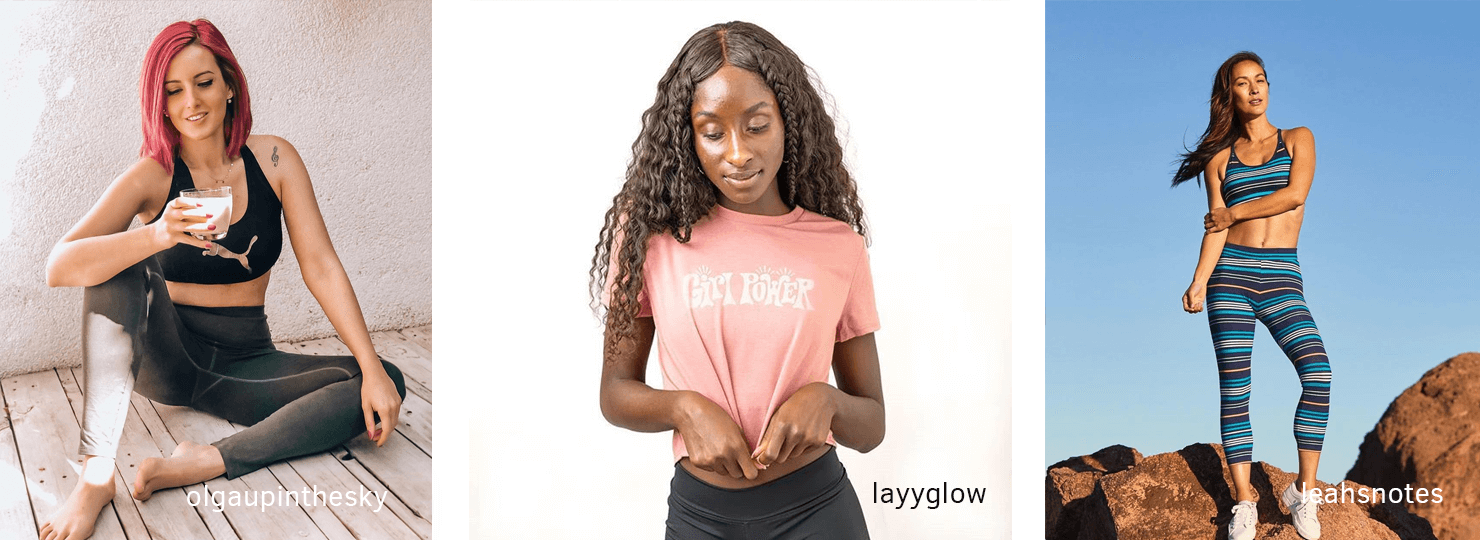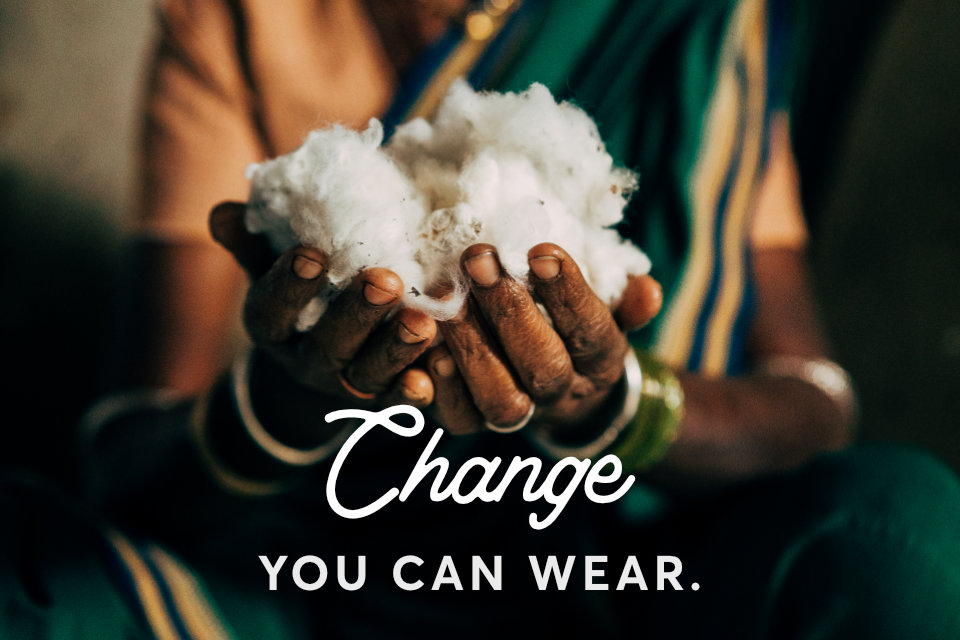
Organic cotton clothing is often associated with a luxury purchase— a pricey price tag— and something not feasible for everyday wear.
Pact Organic, a Colorado-based fashion brand, decided to do something about that.
Providing sustainable, organic, affordable cotton for men, women and kids, Pact wants “individuals to not only care about what they put in their body, but what they put on their body,” ensuring that the clothes they provide meet Fair Trade standards, ethics in product production, and sustainability efforts.
Fast Fashion is not a term Pact understands, hence using organic cotton as material rather than spandex, polyester, nylon, or other materials that contribute to more micro-plastics in the environment.
ABC explains that “organic cotton — which is usually grown using water-conserving practices and without pesticides and fertilizers — had reduced potential for global warming, acidification, soil erosion, water consumption and non-renewable energy.”
By producing organic cotton apparel with sustainable, ethical practices, stimulating positive psychological responses, and creating a disturbing campaign video that grabs attention and points a finger at fast fashion, Pact is able to make their impact on the sustainable fashion industry.
In fact, PR Newswire reports, “PACT | ORGANIC’s partnership with Fair Trade USA allows the company to empower cotton farmers … for every product sold, cotton farmers earn additional funds to invest in critical community projects (and) workers democratically designate these funds for programs and projects that matter the most to them, like education and healthcare.”

Consumers therefore can feel the soft, luxurious fabric on their skin while also feeling good about the good they are doing.
And that’s what sells: that feeling— feeling of equating the soft fabric with the feeling of buying something that is good for both the environment and the workers who made the fabric.
This “feeling” is something businesses should strive for— Psychology Today finds that “functional magnetic resonance imaging (fMRI) shows that when evaluating brands, consumers primarily use emotions (personal feelings and experiences), rather than information (brand attributes, features, and facts).”
In other words, making the product feel the way a consumer feels inside amplifies a positive fMRI, leading to a positive consumer experience where they will want to buy the product again.
“We are so proud to partner with PACT | ORGANIC to not only improve the lives of the cotton farmers, but also to empower consumers to support these efforts through their purchases,” Maya Spaull, Director of Innovation at Fair Trade USA said in an interview. “By offering premium basics made with Fair Trade Certified cotton, PACT | ORGANIC is proving that quality, business and ethics go hand in hand.”
Pact sources their cotton from Chetna Organic, an organization made up of 15,000 organic cotton farmers in India who use non-GMO organic agriculture and participate in profitable and ethical farm systems.

To this end, they have crafted a story worth sharing by creating a campaign that calls for an end to fast fashion called “The Skidmark” campaign, where ads and images of underwear with a skidmark represent the stain fast fashion leaves on the world with its emissions and waste.
The ads called to question American consumer choices to buy clothes that leave an ecological skidmark— footprint— while advertising that Pact helps them not to.
Sustainable Brands reports that Pact’s campaign was successful because they show the literal stain other clothing brands have on the environment, while promoting that Pact’s apparel “don’t hurt people.”
How did they do it?
By following the trends of fighting against something else that’s fast in our society: fast food.
“The fashion industry is the second most toxic industry on the planet. Nobody knows anything about it, nobody knows where any of their clothes come from,” Brandon Synott, the CEO of Pact, said in an interview with Visionary. “It’s an agricultural product just like food is, so why does it follow different rules?”
Synott has had much experience in combatting society’s need for “fast” in the past, serving as the founder of Bear Naked Granola cereal and EVOL Frozen Foods.
It is this background that led him to realize fast food and fast fashion both have in common the consumer that doesn’t know their purchasing power— their ability to stimulate change through what they purchase—yet.
Through the “Skidmark” campaign, Synott showed them their power.
And it worked.
Rise News reported that in 2016, PACT Organic hit revenues of about $15 million to $20 million at retail,” selling in retailers like Whole Foods, Target, and Amazon, and “this year it expects sales to reach $25 million to $30 million.”
At the end of the day, evidently, a business doing good can help a business do well.

Pact was able to be successful because they 1) created a brand that was built on ethics and sustainability while providing a luxury good at affordable prices 2) made the consumer actually feel the psychological impact 3) used a campaign that stirred conversation.
Due to sustainable brands like Pact Organic, it’s become increasingly clear that “fast” isn’t always what the consumer wants.
In fact, as Pact has shown, they might want the very opposite: clothing made with the quality of the highest sustainable standard that feels good to both wear and to buy.